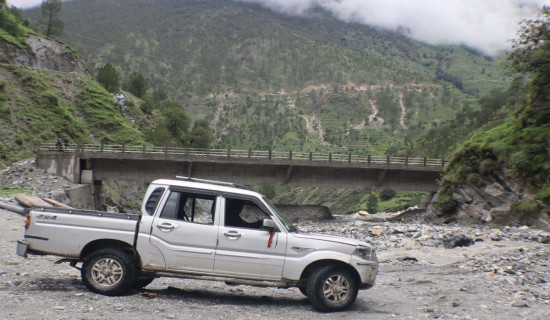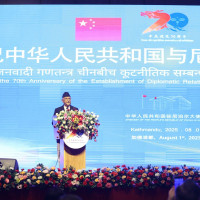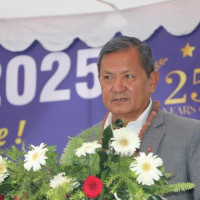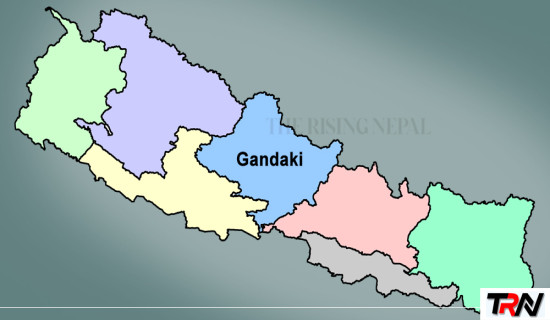- Saturday, 2 August 2025
Eurocentric Influences
The term 'Eurocentric' is a part of common cultural vocabulary used widely in English studies, political sciences, literature, art, and many other disciplines of the humanities and social sciences. It is a tendency to view the world from a European perspective, often placing Western civilisation at the centre of history, culture, and progress. It greatly influences global narratives, shaping how different societies understand themselves and their past. The term took shape out of the essentialists' European outlook that developed around the early seventeenth century when the West commenced its journey to 'teach' and 'tame' the East. It was when countries like Britain and Spain began their explorations and conquests of Asia, Africa, and the Americas. That was the beginning of Western imperialism.
Within three or four hundred years of European expansion, most of the world was divided into two types of culture: the ruler and the ruled, or better known politically as the coloniser and the colonised. Colonialism was not merely a political or economic agenda, it took shape in a world view that has many names in cultural and political vocabulary. Colonialism was not merely a Western occupation of the non-West; it was a product of the Western belief that Europe is the centre of knowledge. This self-claimed Western supremacy is what is commonly known as Eurocentrism.
This is a strange essentialist position that Europe, or better yet, the West, has believed in for these three or four hundred years of history. But, many other anti-essentialist theories and discourses go by the name of postmodernism, post-colonialism, anti-colonialism, late-capitalism, and so on. In the Nepali context, however, colonialism is not an alien term. Though Nepal was never politically colonised by Britain, colonial influences have dominated this country in many cultural forms, from administrative mechanism to coca-colonialism and from education systems to the forms of entertainment.
What is then left untouched by the West? What are our own that are distinct from Eurocentric influences? What are our behaviours, culture, mechanisms, and ways of being? Our own distinctive forms, pure and sacred and untouched by the West, are the religious beliefs and our own political beliefs.
Political systems, whether Western forms of democracy, communism or other alternative systems, can be understood as methodological tools. But the question is, how much do we need to be self-colonised to look towards the West to solve our every problem? Eurocentrism (including America) is such a pervasive power that influences the countries from Russia, Ukraine, and Israel to Nepal. One has to look for colonial images. What we can do with such Western notions is that we can at least look at them as methods. The methods, when useful, can be applied, and when they become impediments, we ignore. In order to keep the bad influences of Eurocentrism at bay, it is imperative to promote and refine the indigenous values, knowledge, skills and wisdom.
















